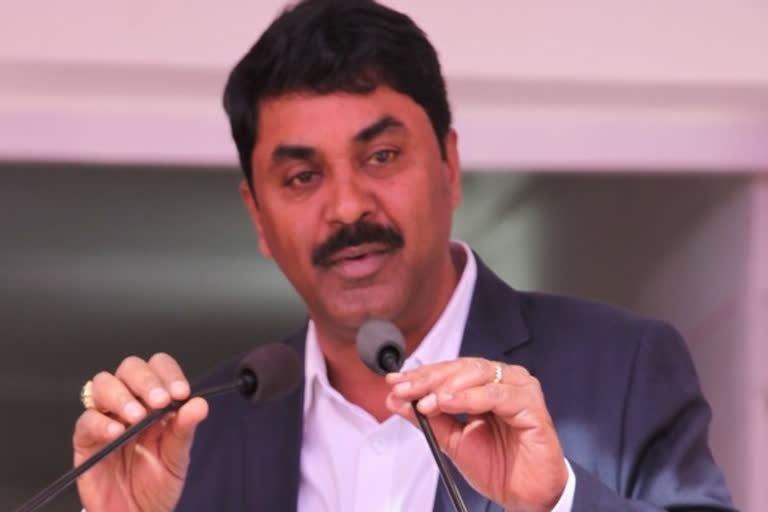New Delhi: A lot of technologies have been developed to deal with the extreme cold weather in the country’s northern mountains and the armed forces are using all of them, DRDO chairman G Satheesh Reddy said on Thursday.
These range from technologies developed for clothing for the armed forces to predicting avalanches, he said during a webinar organised by the India Foundation.
To a question on are the armed forces prepared to deal with the harsh winter as more forces are being moved to Ladakh amid border tensions there, Reddy said, "In the northern mountain region...about the snow and all that... a lot of technologies have been developed towards that, whether the clothing that is required, the shoes which are required, or the heating elements which are required, things related to heating of food.”
"Many things have been developed, including avalanche and snow prediction. Many things which are required for that have been developed in the country and they are all being used by the armed forces today," the Defence Research and Development Organisation (DRDO) chairman said.
ALSO READ: DRDO sets in motion long-pending proposal to enhance efficiency
The Ladakh region witnesses extreme cold weather and during the winters, temperatures fall far below the freezing point.
Tensions have escalated in the Pangong lake area after China unsuccessfully attempted to occupy certain areas in the southern bank of the lake.
India has rushed in additional troops and weapons to the sensitive region.
On Monday, the Indian army said the Chinese military carried out "provocative military movements" to "unilaterally" change the status quo on the southern bank of Pangong Lake on the intervening night of August 29 and 30 but the attempt was thwarted by the Indian troops.
Earlier, in the Galwan Valley clash between the armies of India and China on June, 20 Indian army personnel including a colonel were killed. China has not yet released any casualty figures. Since the clashes tensions are on the rise on the northern border along with China.
(PTI)



